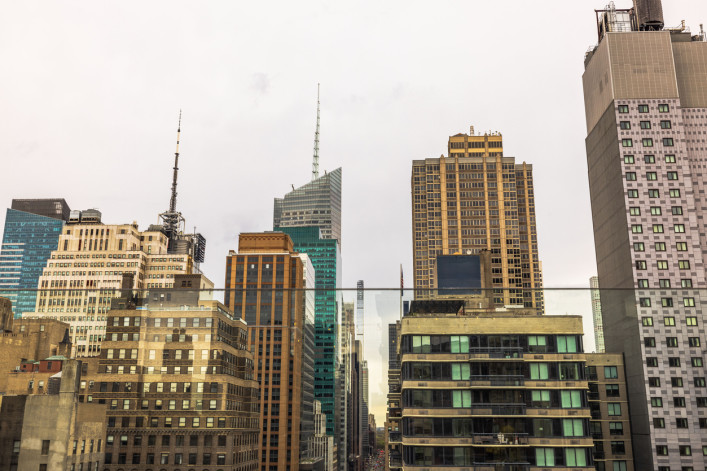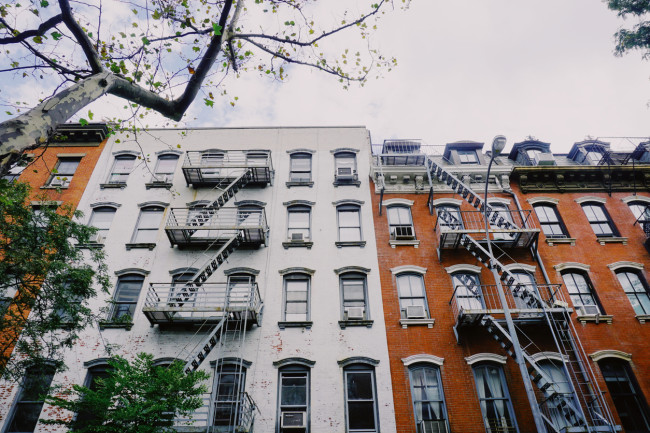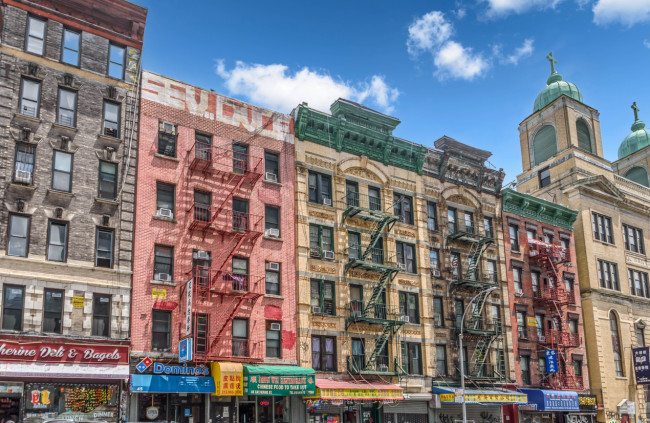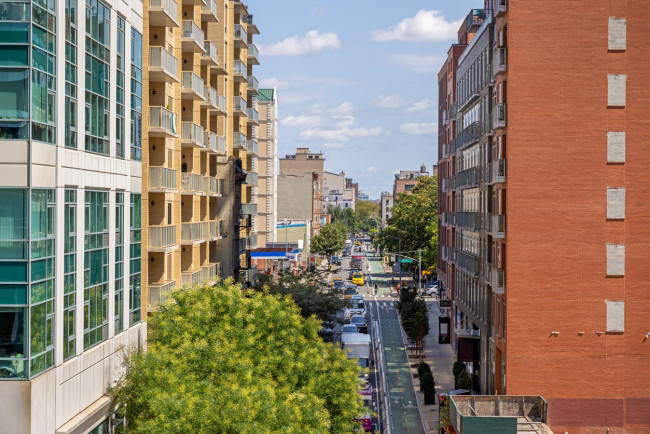Ask Altagracia: I’m a renter in a co-op building. What are my rights as a tenant?
- Rentals in co-op and condo buildings are excluded from New York’s new Good Cause eviction protections
- Co-op buildings were also carved out of security deposit and application fee caps introduced in 2019
- But renters in co-op and condo units retain the right to sue owners for repairs and housing code violations

New York’s new Good Cause eviction protection law was written to apply to a narrow range of apartments.
iStock
I’m a renter in a co-op building that allows subletting. Am I protected by the new Good Cause eviction law? What about other laws that apply to tenants?
Unfortunately, both condos and co-op units are excluded from New York’s new Good Cause eviction protections.
The new law was written to apply to a narrow range of apartments. Units are excluded from Good Cause if they are located in a condo or co-op building, the landlord owns 10 apartments or less, or if they are in a building with 10 units or less where the owner also lives, according to Altagracia Pierre-Outerbridge, an attorney and founder of Outerbridge Law who represents residential landlords, tenants and condo owners.
Legally, renters in co-op and condo buildings don’t always get the same kinds of protections as tenants in other rental buildings, even as they potentially benefit from perks like nicer building amenities or a more stable community of residents.
Lawmakers have carved co-ops out of other rental laws too. Notably, the 2019 Housing Stability and Tenant Protection Act included a provision that capped rental application fees at $20. That application fee limit doesn’t apply to condo and co-op buildings, which often charge hundreds of dollars to process applications. Co-op unit owners are legally “tenants” under their proprietary lease, which created some legal ambiguity for co-op boards adjusting to the new law.
The 2019 law also capped security deposits at one month’s rent, limited late rent fees at $50, required landlords to make an effort to re-rent an apartment if someone breaks their lease, and banned use of the tenant blacklist that listed people who had been in housing court disputes.
But in 2021, co-op buildings were carved out of the rent reforms, when the state legislature amended the law to ensure that the security deposit and application fee caps for renters didn’t apply to co-op units. The 2021 bill also enabled a co-op board to collect late fees, repair costs and utility charges in court from a shareholder who had stopped paying their maintenance. This change exempted co-ops from another protection of the 2019 law, which prevents landlords from collecting more than unpaid rent in a court proceeding against a tenant.
However, renters in co-op and condo units still have the right to sue their landlords for repairs and housing code violations.
“You’d have all the same rights to bring an HP [housing part] action in housing court and withhold your rent to get your repairs,” Pierre-Outerbridge explained. In legal terms, renters in a co-op building are subtenants, because the owner of the co-op unit is a tenant. So, if you need to sue your landlord for harassment or repairs, you sue whoever owns the co-op unit (also known as the proprietary lessee), rather than the board, the attorney noted.
“You can’t bring a harassment lawsuit against the board,” Pierre-Outerbridge said. “The board’s involvement stops at the inside of your walls.”
Altagracia Pierre-Outerbridge, Esq. is the owner of Outerbridge Law P.C. While Outerbridge Law focuses primarily on tenant representation, the firm is also well versed in landlord representation and represents all sides in landlord-tenant litigation and transactional matters such as month-to-month holdovers, nuisance cases, owner’s use cases, licensee cases, harassment claims, repair cases, tenant buyouts, succession claims, DHCR overcharges and rent reductions and more. With nearly 15 years of experience litigating in Supreme, DHCR, and Housing Court, Pierre-Outerbridge has finely developed her legal skills to deliver superior results to her clients and founded Outerbridge Law P.C. to drive this mission. To submit a question for this column, click here.
To contact Outerbridge Law P.C. directly, call 212-364-5612 or 877-OUTERBRIDGE, or schedule a meeting today.
You Might Also Like



























